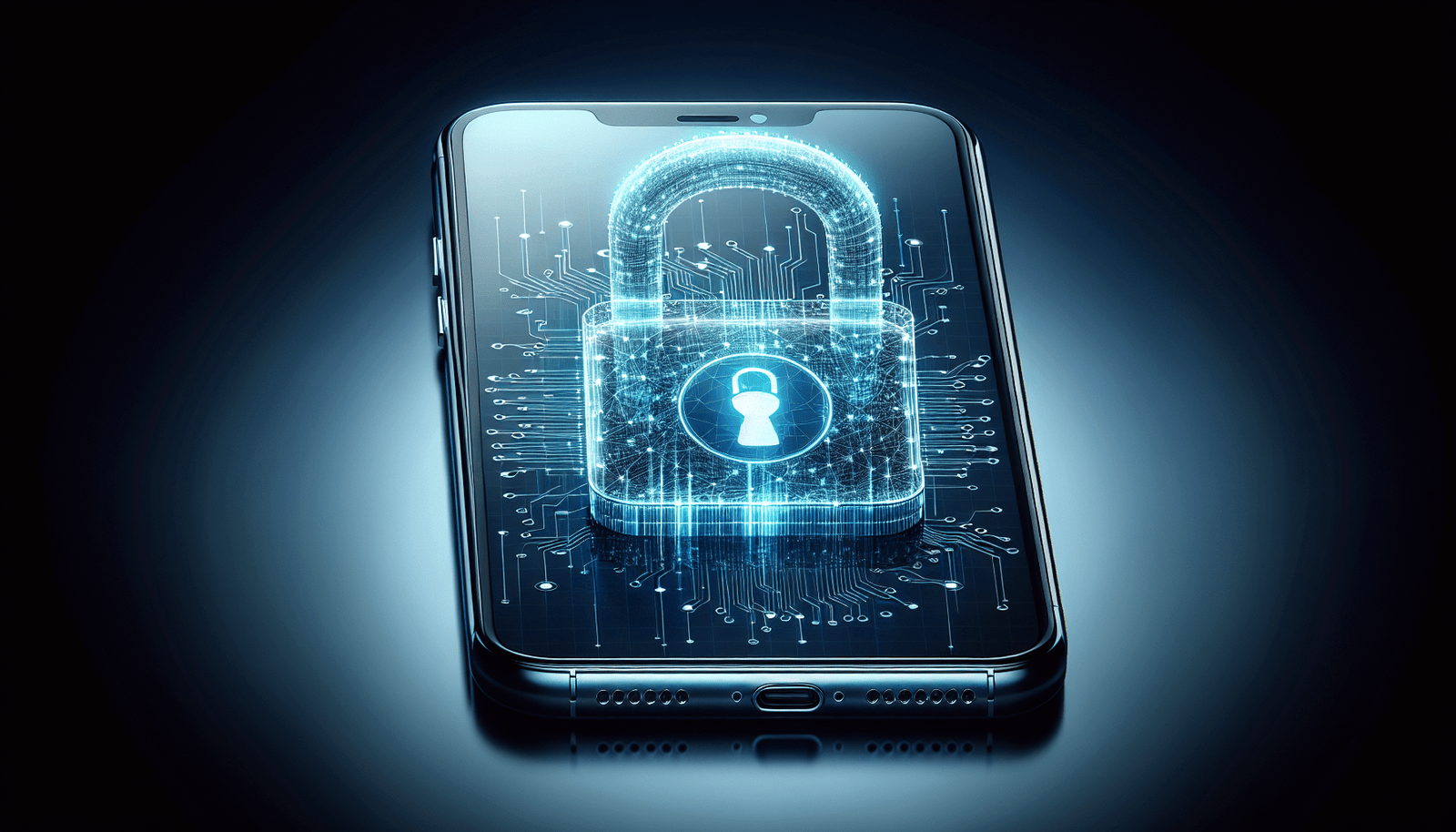Has the GrayKey Tool Limited Access on iOS 18 Devices?
Understanding the GrayKey Tool
If you are wondering about the limitations of the GrayKey tool on iOS 18 devices, you have come to the right place. Let’s dive into the details of this forensic tool used by law enforcement officials and how it interacts with the latest operating system from Apple.
What is GrayKey?
GrayKey is a forensic tool developed by Magnet Forensics, designed to unlock locked iPhones for law enforcement purposes. It takes advantage of vulnerabilities in iOS to bypass security measures and gain access to the device’s data.
Limited Access on iOS 18 Devices
Recent findings indicate that the GrayKey tool has limited access on devices running iOS 18 and iOS 18.0.1. The tool can only partially unlock most iPhones running these versions, with the exception of iPhone 11 models, which can reportedly be fully unlocked. The exact extent of this partial access remains unclear, but it likely restricts law enforcement to unencrypted files and basic data.
Partial Unlocking with GrayKey
Now that you understand the basics of GrayKey and its limited access on iOS 18 devices, let’s delve deeper into what partial unlocking means and how it affects law enforcement investigations.
Partial Unlocking Capabilities
When a device is partially unlocked using GrayKey, it typically means that law enforcement can access certain data on the device but not all of it. This could include unencrypted files, file size information, and folder structure. While it can offer valuable insights, there are limitations to what can be obtained through partial access.
Unlocking Process
GrayKey exploits vulnerabilities in iPhones to unlock them, with the time required for unlocking varying based on factors like passcode length and device security. For instance, a 4-digit passcode can be cracked in minutes, while longer passcodes may take significantly longer. As Apple continues to patch security flaws in iOS, the capabilities of GrayKey may evolve to adapt to these changes.
Comparing Access across iOS Versions
To better understand the limitations of GrayKey on iOS 18 devices, it’s essential to compare its effectiveness across different iOS versions and how it has evolved over time.
Changes in iOS 18.1
While information regarding iOS 18.1 is not included in the leaked documents about GrayKey, beta versions of iOS 18.1 were reportedly inaccessible using the tool. This suggests that Apple may have implemented additional security measures in the new update that prevent GrayKey from fully accessing devices running this version.
Historical Context
Apple has a history of disabling tools like GrayKey with software updates, only for new vulnerabilities to be discovered that restore functionality. For instance, the release of iOS 12 disabled GrayKey in 2018, only for workarounds to be found later on. This ongoing cat-and-mouse game between Apple and forensic tools highlights the importance of staying up-to-date with the latest security measures.
Forensic Tool Landscape
Given the limitations of GrayKey on iOS 18 devices, it’s worth exploring the broader landscape of forensic tools used by law enforcement and how they interact with the latest iOS versions.
Cellebrite’s Capabilities
Another prominent player in the forensic tool market, Cellebrite, faced similar challenges with unlocking iPhones running iOS 17.4 and later versions. While initially unable to crack these devices, recent developments suggest that Cellebrite has made progress in accessing iPhones running iOS 17.5.1. This demonstrates the ongoing arms race between tech companies like Apple and forensic tool developers.
Legal and Ethical Implications
The use of tools like GrayKey and Cellebrite raises important legal and ethical questions about privacy and data security. While law enforcement agencies argue that these tools are essential for criminal investigations, critics raise concerns about potential privacy violations and the circumvention of due process. As technology continues to advance, policymakers must grapple with these complex issues to strike a balance between security and individual rights.
In conclusion, the limited access of the GrayKey tool on iOS 18 devices underscores the ever-evolving nature of digital forensics and the challenges posed by increasingly secure operating systems. As Apple and other tech companies continue to enhance their security measures, forensic tools will need to adapt to stay relevant in the fight against cybercrime. Remember to stay informed about the latest developments in digital security and privacy to protect yourself in an increasingly connected world.








